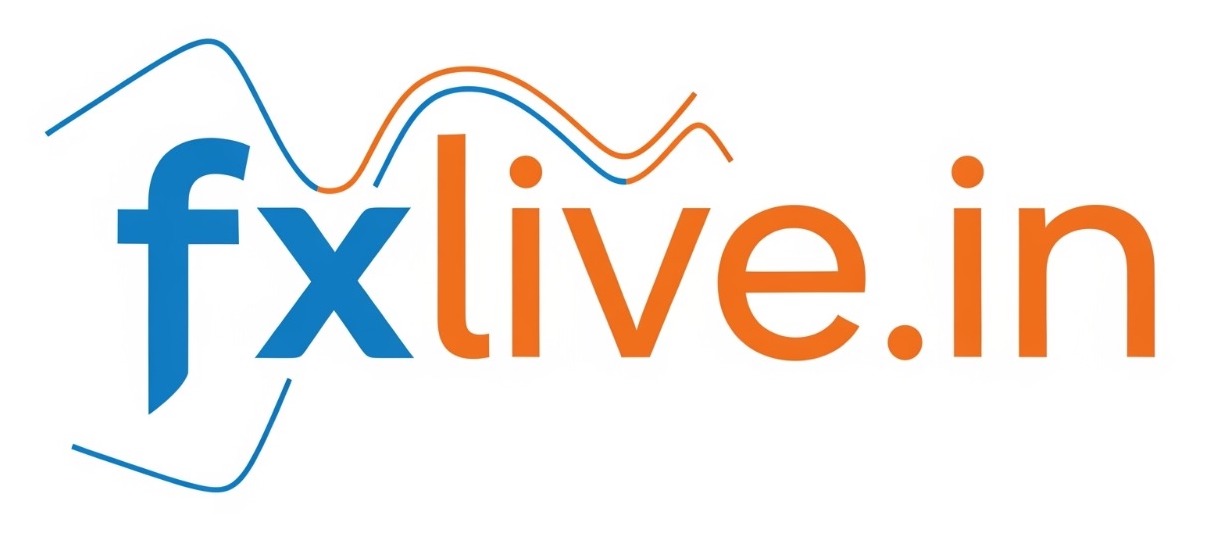Jai Siya Ram
What Is It
India has awarded a contract to Megha Engineering & Infrastructures Ltd (MEIL) to build and operate its first private-sector strategic petroleum reserve. This marks a shift from government-only management of emergency crude oil stockpiles toward private participation.
This project is part of India’s broader SPR expansion (Phase II), under which India is not only increasing capacity but also introducing commercial models (leasing, trading, private involvement).
Why It Matters
- Energy Security: India is heavily dependent on oil imports. Disruptions in global supply (due to geopolitics, conflicts, sanctions etc.) can hurt its economy. Bigger, reliable reserves help buffer supply shocks.
- Commercial Model & Private Investment: This lets private companies carry out critical infrastructure (storage, pipelines etc.), possibly raising efficiency, mobilizing capital, sharing risks, and reducing burden on the public sector.
- Strategic Flexibility: Allowing storage leasing and trading of stored crude gives flexibility to respond to changing demand-supply, price fluctuations, etc. Also, the government retains emergency access, so balance is maintained.
What Remains to Be Clarified / Challenges
- Timing of actual operation: Although the contract is awarded, detailed implementation (permits, construction, pipeline connectivity etc.) may take time. The 5-year construction timeline is ambitious.
- Crude filling: Purchasing crude for filling the reserve is expensive. At current global crude price levels, the cost of filling itself may be large. Budgetary/financial flows must be planned.
- Operational risks: Operating an SPR involves technical challenges — safety, environmental risks, leakages, logistics of loading/unloading, ensuring pipelines work, etc. Private firms will need strong capability. MEIL has experience in EPC etc., but running an SPR is somewhat new.
- Regulatory & Sovereignty concerns: The government retains first claim over oil in emergencies, but frameworks/laws need to ensure that private operations don’t hamper national strategic objectives. Also oversight, audits, security etc. must be robust.
- Global price volatility & demand uncertainty: Even after storage is built, the value of the reserve depends on global oil prices, storage costs, trade conditions. There is risk if demand drops, or oil becomes less central (longer term energy transition).
- Commercial viability: The business model (leasing storage, trading crude) must be structured so MEIL (or any private operator) recovers investments, while ensuring the national strategic interest.

